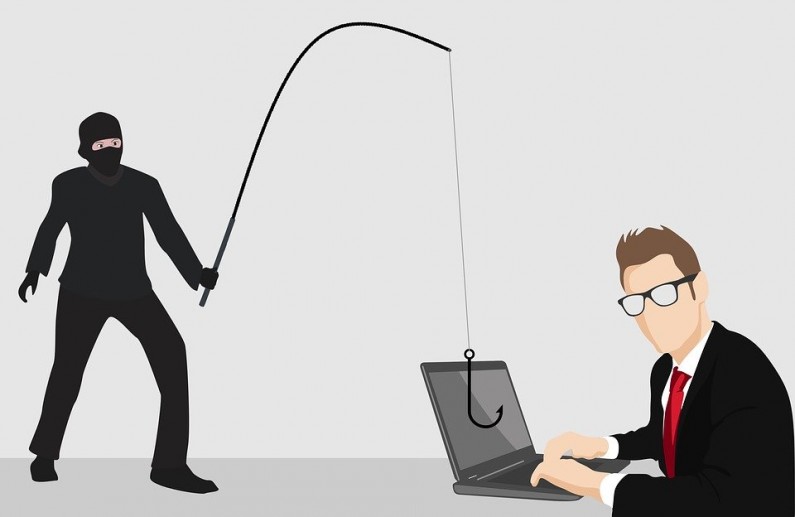Businesses have been raising the alarm bells about scammers taking advantage of the COVID-19 outbreak to try and fleece some money out of concerned members of the public. It is important to remain on the look out for fraud and other kinds of scam – particularly at times like this when, unfortunately, some particularly unscrupulous individuals will try to manipulate the concerns of innocent customers.
False HMRC support
If you receive a text or email that appears to come from the HMRC and offers you some kind of financial support, such as a tax refund or goodwill payment, then it is almost certainly a scam. These messages will ask you to click on a link or call a phone number, and when you do they will collect information that can be used to steal your identity.
A second version of this scam involves a text message that claims you are going to be fined £250 for breaking the rules of the lockdown. In this case, you will be asked to call an 0800 number. Do not reply to the text number or call the number listed – this is a scam text.
Phishing and smishing
Aside from people pretending to send messages from the government, there are also lots of other fake emails, texts and calls out there pretending to be from healthcare organisations, financial institutions and other companies. This is known as smishing: messages that appear to be sent from one source, but which have actually been spoofed.
It is usually done with the intention of phishing, which is collecting information from you that can then be used for further financial crime. As above, if you get a message asking you to click a link or call a number and share personal information then be sceptical. Try to contact the organisation directly, using contact information that’s found on their website.
Fake equipment
Lots of people have been stocking up on protective equipment such as face masks and hand gels. For scammers, this has opened up a new market – TSB warn their customers of purchase scams which “offer protective equipment, sanitising products and other desirable goods for sale, that you will never receive.”
There’s also the possibility that you will receive substandard goods that don’t do what they promise. This can be particularly dangerous, as it means that you mat not be protected when you think that you are. As always, if an offer seems too good to be true then treat it accordingly. Use companies that are trustworthy and familiar. According to the National Fraud Intelligence Bureau, these have been the most common type of scam to emerge from the COVID-19 situation.
The advice for protecting yourself against these kinds of scams remains the same as always. Be on the look out for signs that an email or text may not come from where it claims to – bad grammar, unlike URLs and requests for personal information are all a good sign that something isn’t right.

